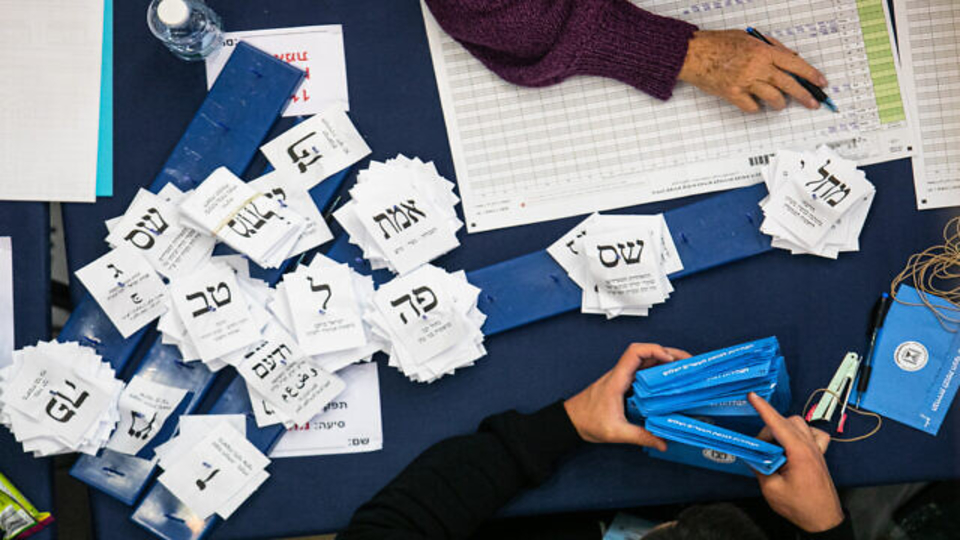Israel is set for more political chaos following the results of the latest round of elections for the Knesset that were held on March 2. Prime minister Benjamin Netanyahu’s Likud has emerged as the largest party in the Knesset, winning 36 seats while the alliance it leads has 58 seats. The other parties in the ultra-right alliance – Shas, United Torah Judaism and Yamina – have got nine, seven and six seats, respectively.
The Likud alliance, however, still lacks the required majority to form a government – a minimum of 61 seats in the 120-seat Knesset. In the earlier round of elections held in September, it had won 58 seats too
The main opposition Blue and White party led by Benny Gantz has won 33 seats. Its probable alliance partner, the Meretz-Labour-Gesher coalition, won seven seats.
Likud ran a campaign focusing on the annexation of Israeli settlements inside the occupied Palestinian territories. It also tried to polarize the voters by campaigning on the slogan – it is either Bibi (Netanyahu) or Tibi (Ahmad Tibi, leader of the Arab Joint List) – hinting that Gantz cannot form a government without the support of the Arab Joint List.
The Arab Joint List has won 15 seats, its highest tally ever. It benefited from the increasing disenchantment among traditional non-right wing voters with the parties they used to vote for. A large number of such voters reportedly shifted their votes from Labour-Meretz to the Arab Joint List due to the position taken by the non-right parties on the issues of illegal Israeli settlements and the annexation of Palestinian lands by the Likud-led government in last decade.
Despite their historic performance, it is very unlikely that the Arab Joint List will be part of any government in Israel. They have never been in any government since the first elections in 1949. Gantz has already ruled out any understanding with the Joint List.
The Arab parties’ isolation is based on their consistent opposition to the Zionist creed which holds Israel as the home of Jews across the world. They have been vocal supporters of a two-state solution as well.
Meanwhile, Avigdor Lieberman’s Yisrael Beytenu party is expected to get seven seats and holds the key to any government formation. Lieberman has reiterated his earlier position of not supporting any alliance which has a religious party in it. This rules out the possibility of him supporting the Likud-led alliance which includes Shas and United Torah Judaism, two ultra-orthodox religious parties.
Lieberman has also denied any possibility of an alliance with the Arab Joint List.
These were the third elections in Israel in less than a year. Two earlier elections, in April and September, were inconclusive with no party or alliance getting a majority.
The overall voter turnout on March 2 was 71% which is the highest since 2015. More than 99% votes have been counted so far. Final results are expected today.
A massive shift towards the ultra-right has been the defining feature of Israeli politics in the last decade. There has also been growing domestic support for Israel’s oppressive policies against Palestinians. Voters in Israel continue their trust in Netanyahu’s leadership despite the fact that he has been charged with corruption. His trial will begin on March 17.





